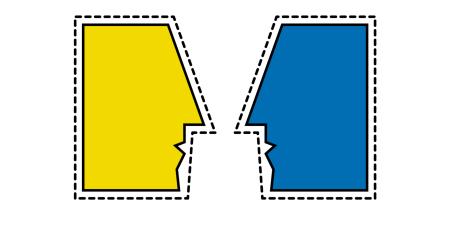Observing Professional Boundaries
A physician’s personal interest in his or her patients has a recognized therapeutic effect on those patients’ sense of well-being and return to health. At the same time, physicians’ actions in patients’ behalf must comply with professional boundary guidelines. How far may a doctor go to assist a patient with nonclinical matters—joblessness, lack of transportation, fear of doctors’ offices—that impede the patient’s medical treatment? Contributors to the May issue of the AMA Journal of Ethics help distinguish boundary crossings—benevolent acts outside the scope of clinical interventions—from boundary violations—breaches of practice that may place patients’ bodily or psychological well-being at risk.















